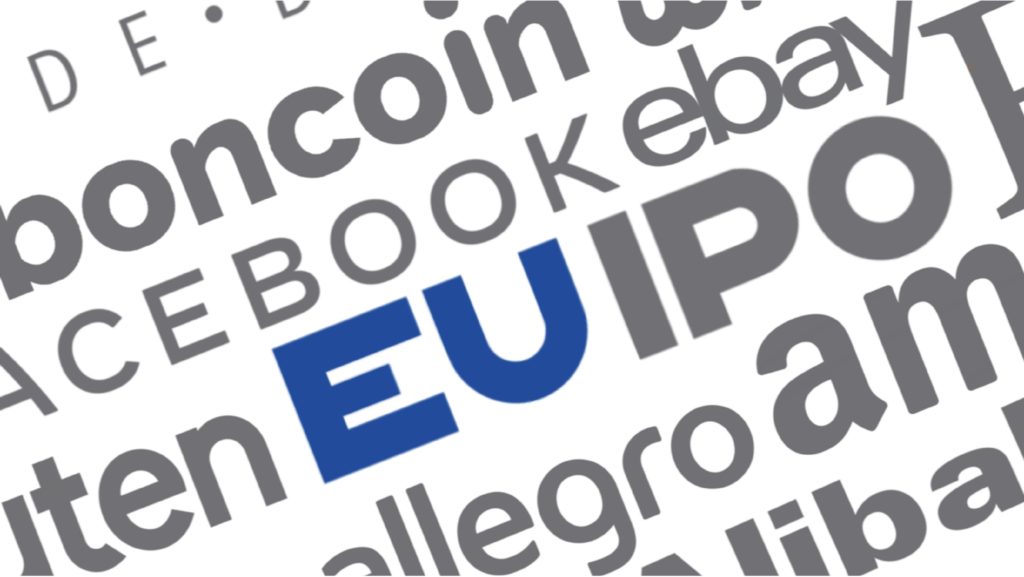
United in fight against product piracy: EUIPO, Amazon and Co.
Unusual cooperation: The European Union Intellectual Property Office EUIPO is working with various marketplaces such as Amazon, Facebook and Alibaba to combat product piracy.

Problem product piracy
The problem of trademark and product piracy is becoming increasingly topical in our globalized and interconnected world due to the expansion of sales markets and the enormous increase in the movement of goods, services and information.
A first approach with which the European Union wanted to protect intellectual property and fight trademark and product piracy was the international trade agreement ACTA (Anti-Counterfeiting Trade Agreement). Unfortunately, this project failed.
And this, despite the fact that this problem is no longer limited to the textile sector or high price segment but can be found in almost all sectors across all industries. It includes brand-name parasites as well as replicas and counterfeits – no wonder, since the profits made here are in some cases equivalent to those of the drug trade.
This form of steadily growing white-collar crime not only represents the illegal takeover and dissemination of other people’s intellectual property and the deliberate infringement of copyright and industrial property rights through targeted trademark and patent infringements, but it also poses a threat to consumer health and safety, not to mention the economic damage that these highly professional machinations have on jobs, corporate competitiveness, trade and investment in research and innovation.
Clearly, according to the European Union report, China continues to lead as the country of origin for this infringement, with an 80% share, followed by Hong Kong. Piracy has continued to increase during the pandemic, according to the director of the European Observatory on Infringements of Intellectual Property Rights.
It is estimated that counterfeits accounted for nearly 7% of all imports into the EU last year, or about 220 billion euros worth of goods, according to annual statistics from German Customs 2020. Three-quarters of the counterfeits came from China, despite many political efforts almost unchanged high. According to the Institute of the German Economy (IW), this corresponds to a damage of 54 billion euros and an estimated loss of 500,000 jobs.
A study on product piracy by the VDMA, which is well worth reading, makes this clear and also points out that consequences that are difficult to assess in monetary terms, but no less annoying, such as loss of image, loss of market advantage, but also unjustified recourse claims, must also be taken into account. According to the EUIPO, worldwide trade in counterfeits amounted to 414 billion euros or 2.5% of world trade in 2019, which is roughly equivalent to the GDP of a highly developed economy such as Austria.
Not only does this harm the innovation-driven global economy, but it also encourages organized crime and undermines proper governance, the rule of law and citizens’ trust in government action.
All in all, these are clearly worrying figures and developments.
The fight against product and brand crime is being pursued by IP owners with great commitment and effort, so that consumers can continue to rely on brands and products. However, this requires the support of politicians and criminal justice authorities, but equally a certain “corporate social responsibility” on the part of consumers, socially responsible action at the end of the value chain.
Best practice for IP owners
The EUIPO now supports companies with the help of various marketplaces such as Amazon, Alibaba, Facebook or Etsy.
What to do if you find that someone is infringing your IP rights by trademark or product imitation in an e-commerce listing? It is imperative that you have the infringing entries removed. Various tools are available for this purpose:
- Use the reporting systems of the various marketplaces, which they have set up specifically for this purpose. This varies from marketplace to marketplace, sometimes you have to report by mail, sometimes you will find a corresponding form already prepared.
- If necessary, you will need proof of your intellectual property rights and the allegedly infringing entries (URL). Take screenshots to preserve evidence.
- In addition, various marketplaces support special intellectual property protection programs to search, find and report infringing listings in a simplified process.
The following e-commerce marketplaces, in cooperation with EUIPO, have compiled information and links for you to facilitate your access to said reporting procedures and intellectual property protection programs:
If a link does not work or you have problems accessing some of the e-commerce marketplace information, the European Union Intellectual Property Office EUIPO will also help you.
Of course, our law firm will also be happy to support you enforce your intellectual property rights.

Gracia-Regina Blumenröhr
Legal Counsel